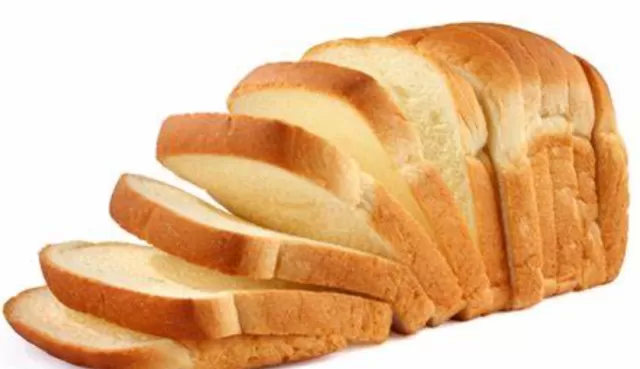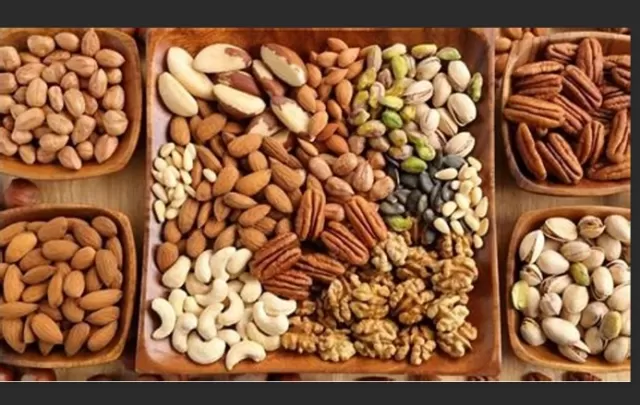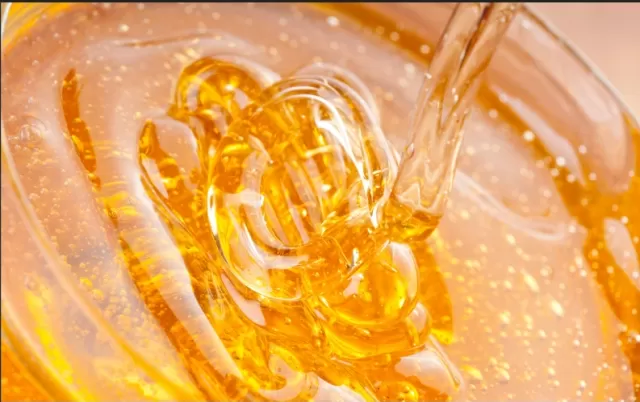Experts Warn Against Adding These Items to Bird Feeders. Birds bring joy to any landscape, adding vibrant colors and lively activity. Attracting them to your yard with bird feeders is a wonderful way to appreciate their presence. However, ensuring that you provide them with the right foods is crucial for their health and well-being. Some common foods may contain harmful additives or toxic ingredients, while others offer only empty calories.
When filling your bird feeders, it’s essential to be mindful and avoid certain foods and ingredients that can be detrimental to avian health. Birding experts advise against offering items that may pose risks, ensuring that your feathered visitors receive the nutrition they need. By steering clear of harmful choices and opting for bird-friendly alternatives, you contribute to a safe and nourishing environment for these delightful creatures.
Reconsidering Bread as Bird Feed: Potential Risks and Alternatives

While bread is a common treat for birds, it’s not an optimal snack for our feathered friends.
Beyond being nutritionally inadequate, feeding bread to avians can lead to issues such as angel wing syndrome, resulting in deformed wings in ducklings and goslings. Not only does it fail to provide essential nutrients, but it can also attract undesirable rodents to your feeders.
Bird expert Julie Zickefoose, the creative mind behind the DIY WarblerFall bird bath, emphasizes that bread draws in invasive species like starlings and house sparrows, which can compete for nesting sites with native birds such as chickadees, bluebirds, and woodpeckers. Consider exploring alternative, bird-friendly options to ensure the well-being of our avian companions.
Caution with Raw Meat in Bird Feeding: A Word of Advice from Experts
While the notion of providing raw meat may seem suitable for meat-eating birds like hawks, eagles, owls, gulls, and crows, it’s advisable to refrain from introducing uncooked meat to backyard feeders.
The American Bird Conservancy (ABC) experts highlight a critical concern—raw meat has the potential to turn rancid and spoil rapidly, becoming a breeding ground for unwanted pests. In the interest of maintaining a clean and safe feeding environment, it’s recommended to explore alternative, more stable food options for our feathered companions.
Exercise Caution with Human-Sold Seeds and Nuts in Bird Feeders

Despite their availability in grocery stores, seeds and nuts intended for human consumption may not be suitable for our feathered friends.
The experts at the American Bird Conservancy (ABC) caution against using these items in bird feeders due to the high levels of added salt, additives, and flavors that can be harmful to wild birds. Excessive salt intake, in particular, may lead to issues such as thirst, dehydration, kidney failure, and even death in avian species.
To ensure the well-being of birds, it’s advisable to opt for birdseed specifically formulated for wild birds and to cultivate native plants that provide natural and beneficial food sources like seeds, fruits, and berries.
Beware of Feeding Potato Chips to Birds: A Nutritional Caution
While it might be tempting to share a snack, it’s essential to reconsider offering potato chips to our feathered friends.
Unlike seeds and nuts designed for avian consumption, potato chips contain high levels of salt, additives, preservatives, and excessive oil. These components, while acceptable for human indulgence, lack the nutritional value that birds require for a balanced diet. In the interest of their well-being, it’s recommended to opt for bird-friendly alternatives, ensuring our avian companions receive the essential nutrients they need.
Caution with Honey Feeding to Birds: Potential Health Risks

While raw honey is a beloved treat for humans, it poses risks to birds.
According to the experts at the American Bird Conservancy (ABC), raw honey can harbor the potential for botulism, a serious illness caused by a toxin produced by the Clostridium botulinum bacteria. This toxin can result in severe sickness, weakness, and even paralysis in birds.
Additionally, the high sugar content and acidity of honey can disrupt a bird’s digestive system. Beyond health concerns, honey can also create practical challenges for birds, such as sticking to their beaks and feathers, impeding their ability to fly.
In the interest of their well-being, it’s recommended to avoid offering honey to our avian companions and instead provide them with nutritionally suitable alternatives.
*The information is for reference only.